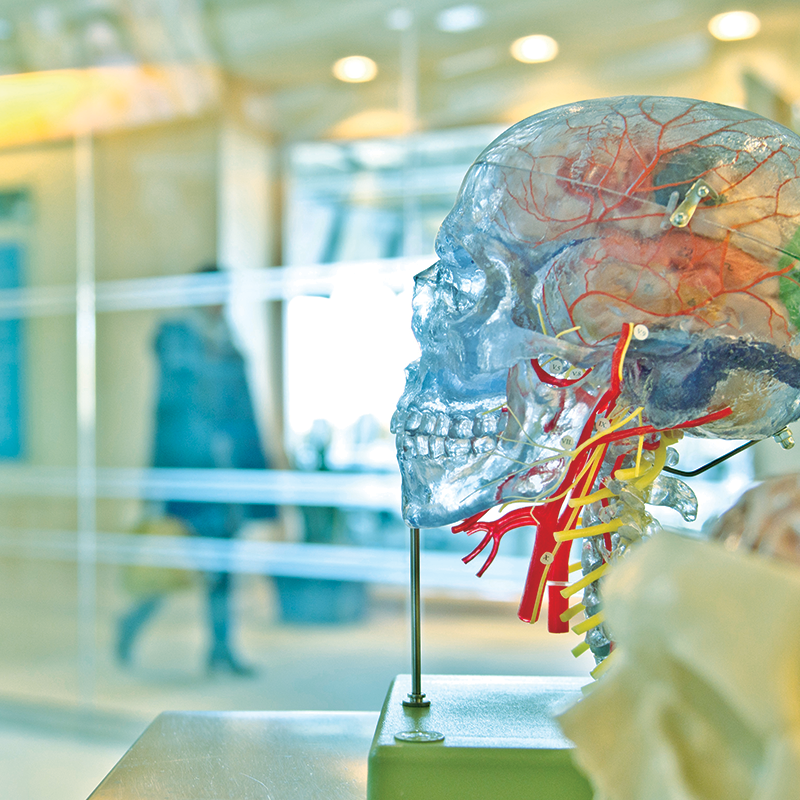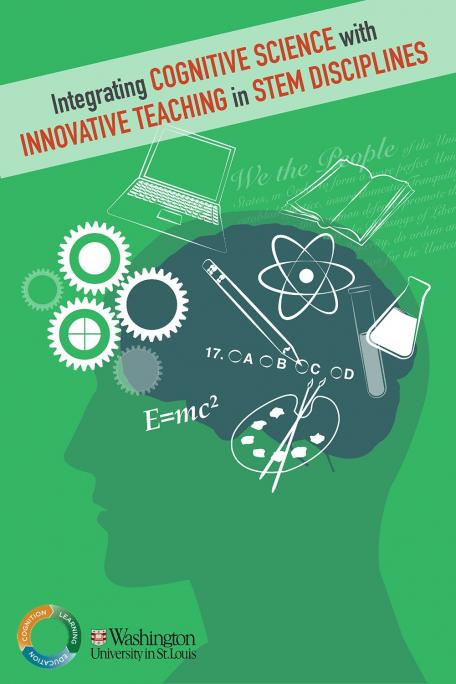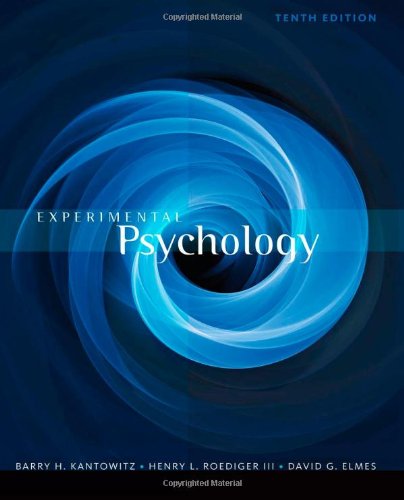https://psych.wustl.edu/xml/faculty_staff/11765/rss.xml
Professor Roediger is currently collaborating with Jim Wertsch (Professor of Anthropology) about topics in collective memory. These include issues of national and regional identity within the U.S., as well as cross-national studies of the collective memory of World War II among people of 12 countries. Other research interests also center on learning and memory. These include: applying principles of cognitive psychology to improve educational practice; how retrieval practice improves retention; the study of memory illusions and false memories (or why people sometimes remember events differently from the way they happened or even remember events that never happened at all); and mnemonic techniques and people with exceptional memory abilities.
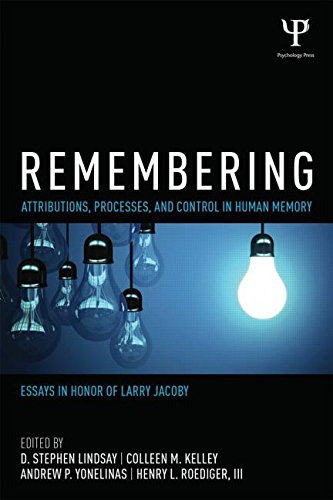
Remembering: Attributions, Processes, and Control in Human Memory
Edited By Henry Roediger
In the 22 chapters in this volume, many of the world’s foremost memory scientists report on their cutting-edge research on the nature of human memory, with several chapters reporting new empirical studies that are being published for the first time. All the contributions are inspired by the work of Larry Jacoby on human memory, with his emphasis on episodic memory -- that is, the processes and mechanisms that enable us to remember our own past experiences. In addition, the volume reflects Jacoby's appreciation that memory enters into a wide range of psychological phenomena, including perceiving, attending, and performing.
The stellar list of contributors and the breadth of coverage makes this volume essential reading for researchers and graduate students in cognitive psychology and cognitive neuroscience, as well as being a tribute and celebration of the inspirational, groundbreaking -- and ongoing -- work of Larry Jacoby.
Integrating Cognitive Science with Innovative Teaching in STEM Disciplines
Edited By Mark McDaniel
This volume collects the ideas and insights discussed at a novel conference, the Integrating Cognitive Science with Innovative Teaching in STEM Disciplines Conference, which was held September 27-28, 2012 at Washington University in St. Louis. With funding from the James S. McDonnell Foundation, the conference was hosted by Washington University’s Center for Integrative Research on Cognition, Learning, and Education (CIRCLE), a center established in 2011.
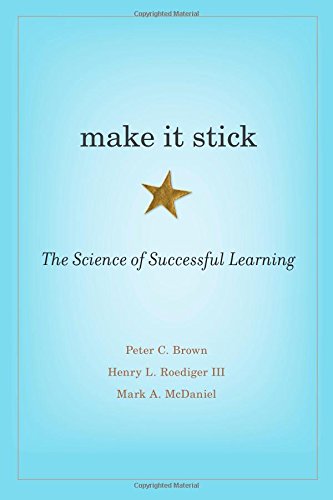
Make It Stick: The Science of Successful Learning
By Henry Roediger
Peter Brown, Henry Roediger III, and Mark McDaniel
To most of us, learning something "the hard way" implies wasted time and effort. Good teaching, we believe, should be creatively tailored to the different learning styles of students and should use strategies that make learning easier. Make It Stick turns fashionable ideas like these on their head. Drawing on recent discoveries in cognitive psychology and other disciplines, the authors offer concrete techniques for becoming more productive learners.
Memory plays a central role in our ability to carry out complex cognitive tasks, such as applying knowledge to problems never before encountered and drawing inferences from facts already known. New insights into how memory is encoded, consolidated, and later retrieved have led to a better understanding of how we learn. Grappling with the impediments that make learning challenging leads both to more complex mastery and better retention of what was learned.
Many common study habits and practice routines turn out to be counterproductive. Underlining and highlighting, rereading, cramming, and single-minded repetition of new skills create the illusion of mastery, but gains fade quickly. More complex and durable learning come from self-testing, introducing certain difficulties in practice, waiting to re-study new material until a little forgetting has set in, and interleaving the practice of one skill or topic with another. Speaking most urgently to students, teachers, trainers, and athletes, Make It Stick will appeal to all those interested in the challenge of lifelong learning and self-improvement.
Experimental Psychology
By Henry Roediger
Barry Kantowitz, Henry Roediger III, David Elmes
Kantowitz, Roediger, and Elmes, all prominent researchers, take an example-based approach to the fundamentals of research methodology. The book is organized by topic--such as research in human factors, learning, thinking, and problem solving--and the authors discuss and clarify research methods in the context of actual research conducted in these specific areas. This unique feature helps readers connect the concepts of sound methodology with their practical applications. Carefully selected real-world examples allow readers to see for themselves the issues and problems that can occur in conducting research. More importantly, readers develop a sense of how to anticipate and adjust for problems in their own research.

